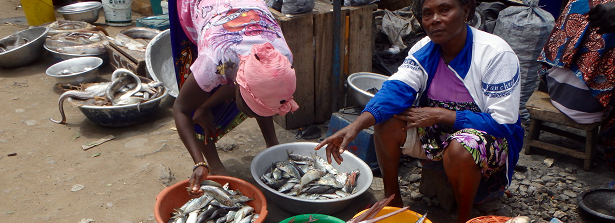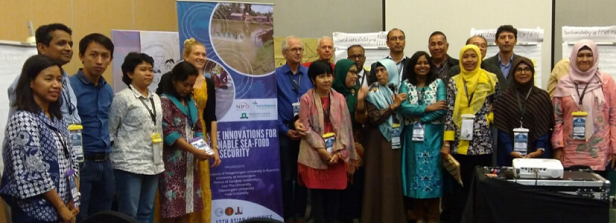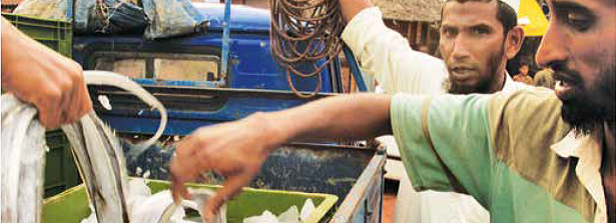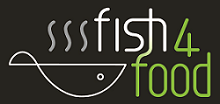Fish for food security in city regions of India and Ghana (Fish4Food)

Duration: September 01, 2016 – August 31, 2020
Project information
Seafood is vital to the health and food security of millions of poor consumers in rapidly expanding city regions in the global south. This project aims to understand how low-price fish chains contribute to urban food security in India and Ghana and to identify policy and business interventions that have potential to improve them.
Aim: The project “Fish for food security in city regions of India and Ghana: an interregional innovation project (Fish4Food)” studies the food systems that service low-income consumers in selected city regions of South Asia (India) and West Africa (Ghana), with the aim of improving their quality and scope. These food systems – in which women entrepreneurs often play an important role – derive produce from small-scale as well as industrial (distant water) fisheries, which possess various degrees of environmental sustainability.
Objectives: GCP aims to realize new knowledge on emerging issues in food security, linking this to private sector development. The Fish4Food project aligns with this objective by realizing new knowledge, products, practices and policies at various levels of the low-price fish chain (from local to international) that improve food and nutritional security of the urban poor.
Method: The project has two – overlapping – phases of similar duration, the first aims to understand the present state of fisheries-related food security in selected city regions, the second explores innovations to improve fisheries-related food security. Phase 1 commences with an inventory of existing knowledge and expands it; the results of phase 1 will inform the direction of phase 2. Research and private sector partners are in close touch during the entire project, both at regional and central levels. The project makes use of a mixed methods approach. Regional teams are responsible for activities in each of the two regions. They are backed and followed up by the international section of the consortium that assists in distilling global lessons and instigating international policy interventions.
Country: India and Ghana.
Dutch policy goal: Urbanization and challenges for food and nutrition security.
Progress reports
Year 1: The Fish4Food project has kick-started its field research and engagement with external stakeholders to map out the relevance of and obstacles for low-price fish contributions to urban food security in India and Ghana. Three PhD candidates have developed their research proposals to analyse low-price fish value chains in Accra, Tamale, Chennai and Bangalore, and have commenced their field studies. A transnational consumer survey to elicit the contribution of fish to the food security of the urban poor in 4 selected cities has been extensively piloted. Two national innovation workshops reviewed lessons learned from a long history of interventions in fisheries value chains, and created substantial buy-in to the project from governmental, NGO and business stakeholders.
Summary mid-term review: The Fish4Food project – that aims to understand and improve low-price fish chains in West Africa (Ghana) and South Asia (India) – is now moving from the research to the innovation phase. The studies conducted by three PhD students, augmented with research by students from three universities and inputs from senior researchers, has generated a basic understanding of the functioning of low-price fish chains as they lead from the shore to coastal and inland urban consumers. This knowledge base has been complemented with a survey among low-income households, in order to identify their seafood-related food security and their views on impediments with regard to the availability, accessibility, and quality of seafood. The combination of research findings constitutes the starting point for a set of innovative pilot projects in both countries, which were identified in a series of workshops. The Ghanaian team will now concentrate on seafood adulteration through chemical additives, and on fish processing technology development and dissemination. In India, an action plan is being developed to support small-scale women traders serving low-income groups and to highlight the increasing diversion of fish for fish meal production. In both locations, buy-in has been obtained from national and international governmental actors.



